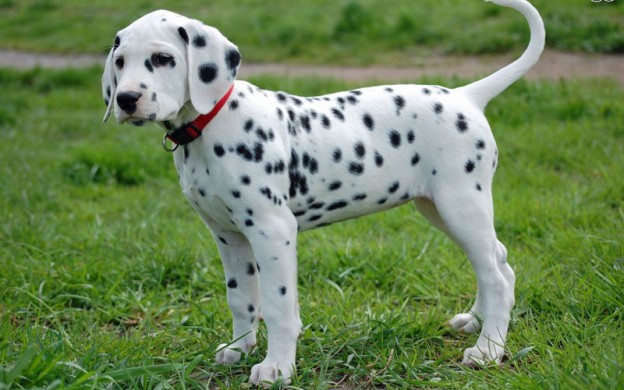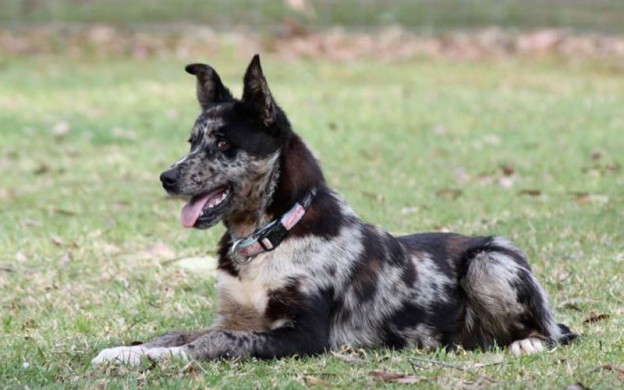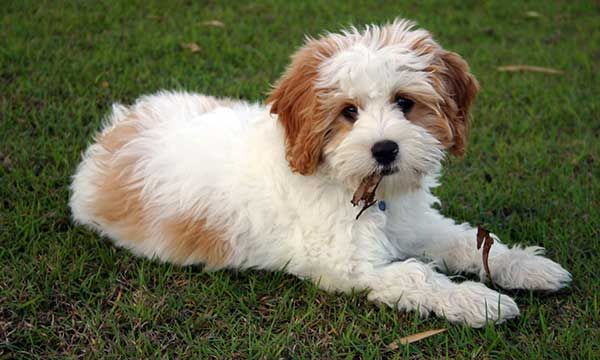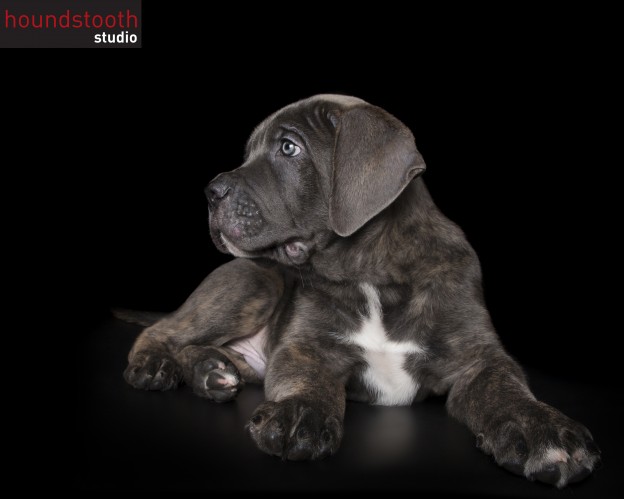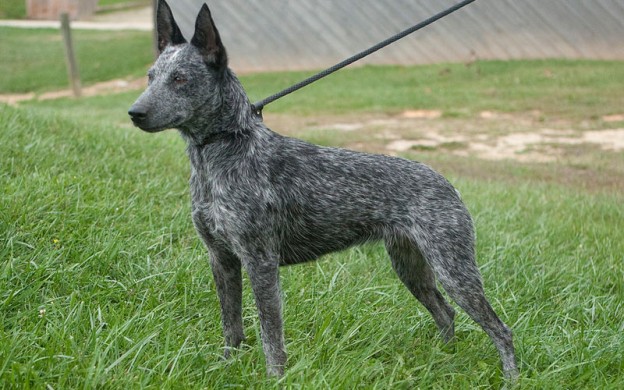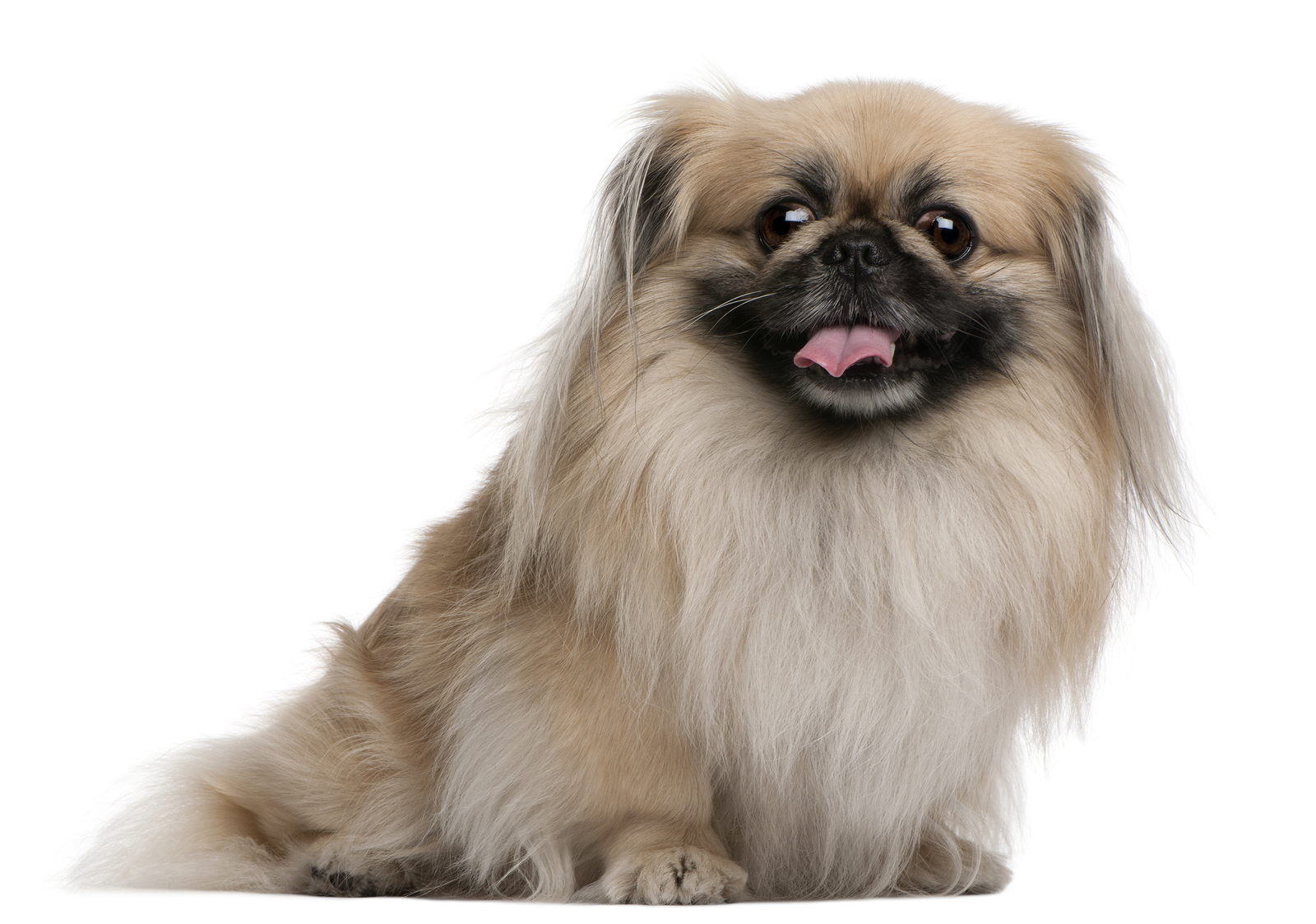
Once the dog of emperors and kings, today the regal Pekingese is an affectionate and loving pet. Laura Greaves reports.
Facts
Personality:
Though they can be stubborn and jealous, Pekingese are devoted one-person dogs, and are very affectionate with those they respect. They are intelligent, are relatively easy to train and, if properly socialised, can become fast friends with other household pets. Pekes enjoy the finer things in life, and aren’t as boisterous as other oriental breeds.
Suitable for:
Pekingese appeal to a wide range of people, from young adults to the elderly. Their manageable size makes these dogs an ideal house pet, though they’re not ideal for a home with boisterous young children.
Favourite activities:
The Pekingese is often presumed to be inactive and slow because of its size and long coat. But while these dogs enjoy the quiet life and will happily spend their days curled up at their owners feet, they are in fact very athletic and can keep up with much bigger breeds. Their short, bowed legs known as Queen Anne legs make for a unique gait.
Watchdog qualities:
Pekes have good hearing and are staunchly protective of their beloved owners, but are primarily bred to be lap dogs, so aren’t ideal watchdogs.
Hereditary diseases:
A common cause of death for Pekingese, as for many toy breeds, is congestive heart failure. When diagnosed early, it can be successfully treated with medication. They can also experience eye and breathing problems due to their small skull and flattened face.
It is testament to the cheeky charm of the Pekingese that, after more than a decade of breeding and showing Pugs, Maree Grundy was moved to bring her first Peke home to her Tasmanian kennel.
With her parents involved with Pugs for more than 40 years, Grundy had a lifelong love of the breed. She could have been forgiven for turning a blind eye to other breeds, yet it didn’t take long for the Pekingese to capture her heart.
I’ve been breeding and showing Pugs since 1989, and branched out into Pekingese in 2000. A friend of mine has been breeding and showing Pekingese for many years, and as a breed they had always appealed to me I like the oriental breeds generally, Grundy recalls.
I started showing a male for my friend in 2000 and he gained his Australian Championship title quickly here in Tasmania. By that time, I was hooked on this wonderful breed and obtained a male of my own to show.
Fast-forward eight years, and Grundy’s gaggle of Pugs now has four Pekingese siblings two males and two females.
Ancient origins
The origins of the Pekingese are steeped in myth and mystery. A popular Buddhist legend says the breed sprang from a love affair between a lion and a marmoset. The lion went to the Buddha, lamenting his large size, and Buddha allowed him to shrink to the size of the marmoset the Pekingese was reputedly the result. To this day, Pekes are also commonly known as lion dogs.
Mystical or not, the Pekingese is undoubtedly an ancient breed it originated in the Chinese city of Peking (now Beijing) more than 2000 years ago, and has changed little since. They were the favoured pets of the Chinese Imperial Court, and for centuries only members of the palace were permitted to own them.
Perhaps not surprisingly, today’s Pekingese still enjoy the good life, and may appear to be a touch haughty but that’s simply because they reserve true affection for the people they love the most. They’re very affectionate, loving dogs that just want to please and be loved. They have the most loving and loyal nature to those who have gained their respect, Grundy says.
What I like most about the Pekingese is their total devotion to their owners. They will do anything to show you how much they love the attention you give them, she explains. The Pekingese temperament is a combination of regal dignity, intelligence and self-importance, which makes for a good-natured and affectionate companion.
Me and my shadow
The Pekingese is not as boisterous as some other oriental breeds and, in this age of high-density housing, their laid-back approach to life makes them ideal for people living in apartments or townhouses. And, as many Peke owners will attest, the breed can be addictive.
Sydneysider Nicholas McCreanney bought his first Pekingese, two-year-old male Rolly, in January this year. By May, three more had joined his Peke family. After getting Rolly, I decided having two Pekes as company for each other would be a good idea and, in February, five-year-old Cindy joined the household, he says.
My intention was to stop at that, but then I heard about a pair of elderly Pekes that had been surrendered to the RSPCA. It didnt take much persuasion for me to adopt seven-year-olds MoMo and BoBo as well so now I have a happy pack of Pekes.
For McCreanney, its their unwavering devotion that makes Pekingese his ideal pets. I call my Pekes my four shadows wherever I am, my shadows are with me, he says. To me, Pekes have always seemed happy little dogs, alert and intelligent. A Peke would guard you with its life if it needed to.
Crowning glory
While both Grundy and McCreanney agree that a Pekingese in full coat is a sight to behold, the amount of grooming required to keep its crowning glory in peak condition may be off-putting for some prospective owners.
Pekes in full or show coats require daily grooming, and owners who keep their dogs coat at its luxuriant best must be vigilant about the potential heat dangers posed by all that fur. These dogs fade fast in hot weather. They are not a breed to be left in the backyard on hot summer days, McCreanney says. They are indoor dogs, preferably in front of the telly with the air-conditioner on.
Hygiene can be a problem with Pekes in full coat, so regular bathing is vital. A nutritious, natural diet of good quality fresh meat, vegetables and kibble will help to keep their rear end mess-free.
Eye problems
Their distinctive bulging eyes and flat skulls may give the Pekingese their expressive faces, but they can also lead to health problems. They are prone to eye ulcers, and a scrap with the family cat could prove disastrous. Be careful. If a cat strikes out at a Peke, it will do a lot of damage to its eyes, McCreanney warns. Lots of cactus and prickly rose bushes in the garden are not a good idea for the same reason.
They can also develop breathing problems due to their flattened noses yet more reason to be especially alert in hot weather, as laboured breathing makes it difficult for the dog to regulate its body temperature. But, says Grundy, anyone who steers clear of the Pekingese because of possible health problems would be missing out on years of joy. The problems that can be encountered with the breed do not outweigh the joy of owning a Pekingese, she says.
Breed Care
Care of the breed
Daily: A daily brushing is essential to keep the Pekes magnificent coat in top condition. It is also important to remove dirt from the eye pores and facial creases daily to prevent sores. Pekes feel the heat, so extreme caution is necessary on hot days, as they can overheat very quickly and die they like to lie on ice packs in hot weather.
Weekly: While Pekes don’t require a lot of exercise and can thrive in apartments or courtyard homes, a leisurely stroll several times a week along with plenty of cuddles and play will ensure the dog stays happy and healthy.
Monthly: Regular bathing (every two to three weeks, or weekly if in full coat) and thorough grooming is vital in order to prevent the Pekes coat from becoming a tangled mess of knots. Some owners prefer their pets to sport a short puppy cut, which removes the need for full grooming, however regular maintenance is still necessary to keep the dog in good health.
Breed Contacts
For more information on the Pekingese, contact a club in your state via the Australian National Kennel Council website at www.ankc.org.au
Pekingese Club of NSW: Sylvia O’Cass (02) 9629 3039
Pekingese Club of Victoria: Margaret Yerolemos (03) 9435 3480
Canberra Toy Dog Club: Ros Horan (02) 6254 4546
In New Zealand, please contact the New Zealand Kennel Club via www.nzkc.org.nz



